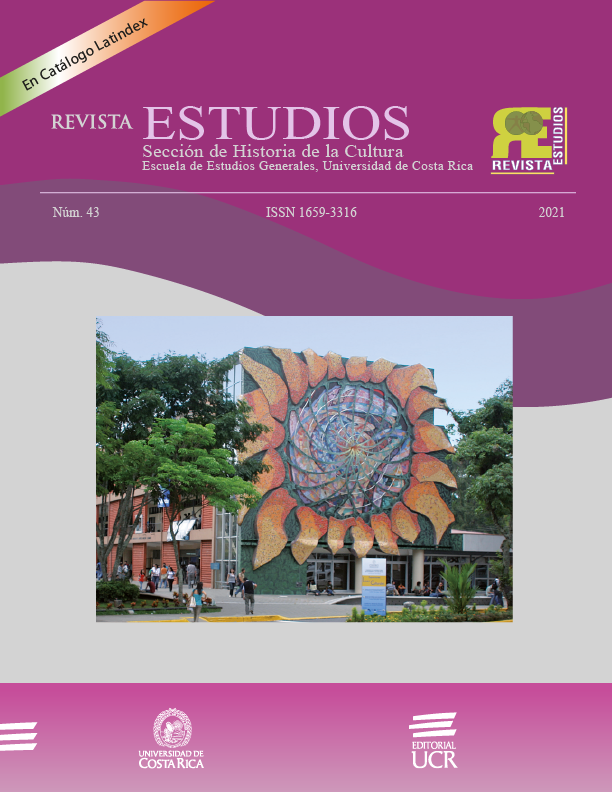Abstract
The framework of teaching practice is contextualized involved to understand the challenges in the field of learning and teaching processes during pandemic stages. A vision of teaching pedagogical mediation in times of pandemic in virtual environments is shown through the descriptive bibliographic review to follow the conception of pedagogical mediation in the 21st century and its implications in the face of technological challenges. The technological challenges around the World show to analyze the actions to keep on task the educational processes during COVID 19 and therefore in the face of a pandemic. This article wishes to substantiate the need to redesign pedagogical mediation processes with the application of strategies in virtual environments that allow the development of skills in students who participate in educational systems, particularly in the context of Costa Rican educational processes. The path developed by the Ministry of Public Education of Costa Rica promotes the skills and competence of the student, and therefore take into account their adaptation for the monitoring of digital tools in the application of pedagogical mediation in the contextualization of the curricular transformation that is being carried out in Costa Rica. The methodology of this article allows showing some authors' visions on mediation, virtual environments, and mediator teaching roles from a theoretical description. The proposal of the analyze of a mediator teacher in a virtual environment, given the educational response that has occurred in times of pandemic, can reflectively determine the pedagogical technological challenges that stimulate the change of educational paradigm.
References
Badilla, E. (06 de mayo de 2015). Educación sin distancia. La Nación. Recuperado de http://www. nacion.com/opinion/foros/eleonora-badilla-educacion-distancia_0_1485851420.html
Espinosa. R. (Enero-Diciembre del 2016) La formación docente en los procesos de mediación didáctica. Revista Praxis,12, 90-102. DOI: http://dx.doi.org/10.21676/23897856.1850
Gutiérrez, F. y Prieto, D. (2002). La mediación pedagógica: Apuntes para una educación a distancia alternativa. Ed.CICCUS.
Najmanovich D. (2005). Estética del pensamiento complejo. Andamios, Revista de Investigación Social, 1(2), 19-42. Recuperado de http://www.scielo.org.mx/pdf/anda/v1n2/v1n2a2.pdf
Moreira-Segura, C. y Delgadillo-Espinoza, B. (2015). La Virtualidad en los Procesos Educativos: Reflexiones Teóricas sobre su Implementación. Revista tecnología en marcha, 28(1), 121-129.
Ministerio de Educación Pública. (2015).Fundamentación Pedagógica de la Transformación Curricular. San José, Costa Rica.
Maturana y Varela. (2004). De máquinas y seres vivos: autopoiesis, la organización de lo vivo. Buenos Aires: Lumen.
Morin. E. (2002). Educar en la era planetaria: el pensamiento complejo como método de aprendizaje en el error y la incertidumbre humana. UNESCO, Universidad de Valladolid .Secretariado de publicaciones e Intercambio Editorial.
Prieto Castillo, D. (2020). Mediación pedagógica y contexto digital. Revista Institucional | UPB, 48(147), 27-38. Recuperado a partir de https://revistas.upb.edu.co/index.php/revista-institucional/article/view/1932
Rodríguez, D. y Niculcar. E, (2016). Formación en buenas prácticas docentes para la educación virtual. RIED V, 19(1), 209-232.
Tébar, L. (2009). El profesor mediador del aprendizaje. Magisterio Editorial.


